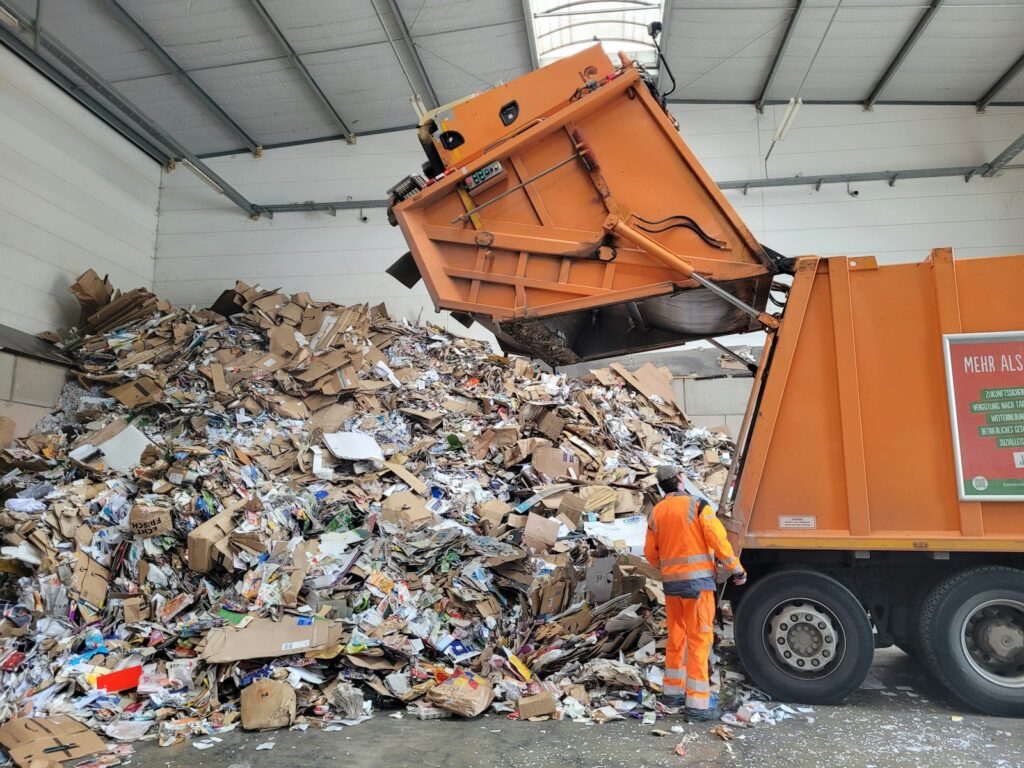The government has announced today a £120m fund for new nuclear projects to encourage new technologies into the market and boost the UK’s energy supply.
It’s hoped the Future Nuclear Enabling Fund will help the government to fulfil ambitions to approve eight new nuclear reactors by 2030, as outlined in the Energy Security Strategy.
Developers will be able to access targeted, competitively allocated grants to help advance nuclear projects and attract private investment.
The Department for Business, Energy & Industrial Strategy (BEIS) believes the fund will open opportunities across the UK, create numerous high-skilled jobs and boost UK nuclear supply chains.
From Wylfa nuclear power station in Anglesey, Business and Energy Secretary, Kwasi Kwarteng, said:
‘Our new £120 million fund will push forward our plan to deploy a new fleet of nuclear power stations as part of a British nuclear renaissance.
‘By encouraging new companies to come forward and build in Britain, we can spur greater competition in the market to cut development costs so consumers benefit in the long-term.
‘Nuclear is central to our long-term plan bolster the UK’s energy security with cheaper, cleaner, home-grown power, while creating thousands of high-skilled jobs across our country.’
Simon Bowen has also been appointed as the Industry Adviser to BEIS, and will head up a new body, Great British Nuclear.
The body will help nuclear projects throughout the development process and realise government ambitions to generate 24GW of nuclear energy by 2050.
Energy Minister Greg Hands said: ‘This government is backing nuclear power as a critical part of our British Energy Security Strategy.
‘This Fund will accelerate the development of new nuclear – from SMRs to larger-projects – and bring fresh innovation into the market.’
Developers interested in applying for the fund are encouraged to register their interest in bidding and provide further information on their nuclear projects, ahead of applications opening this summer.
It’s expected the selection process will begin in 2023.
In related news, academics at the University of Manchester have published a paper identifying nine actions needed to help understand the ‘atomic lifecycle’ better and outlined plans for a ‘responsible nuclear sector’.
Photo by Lukáš Lehotský
















